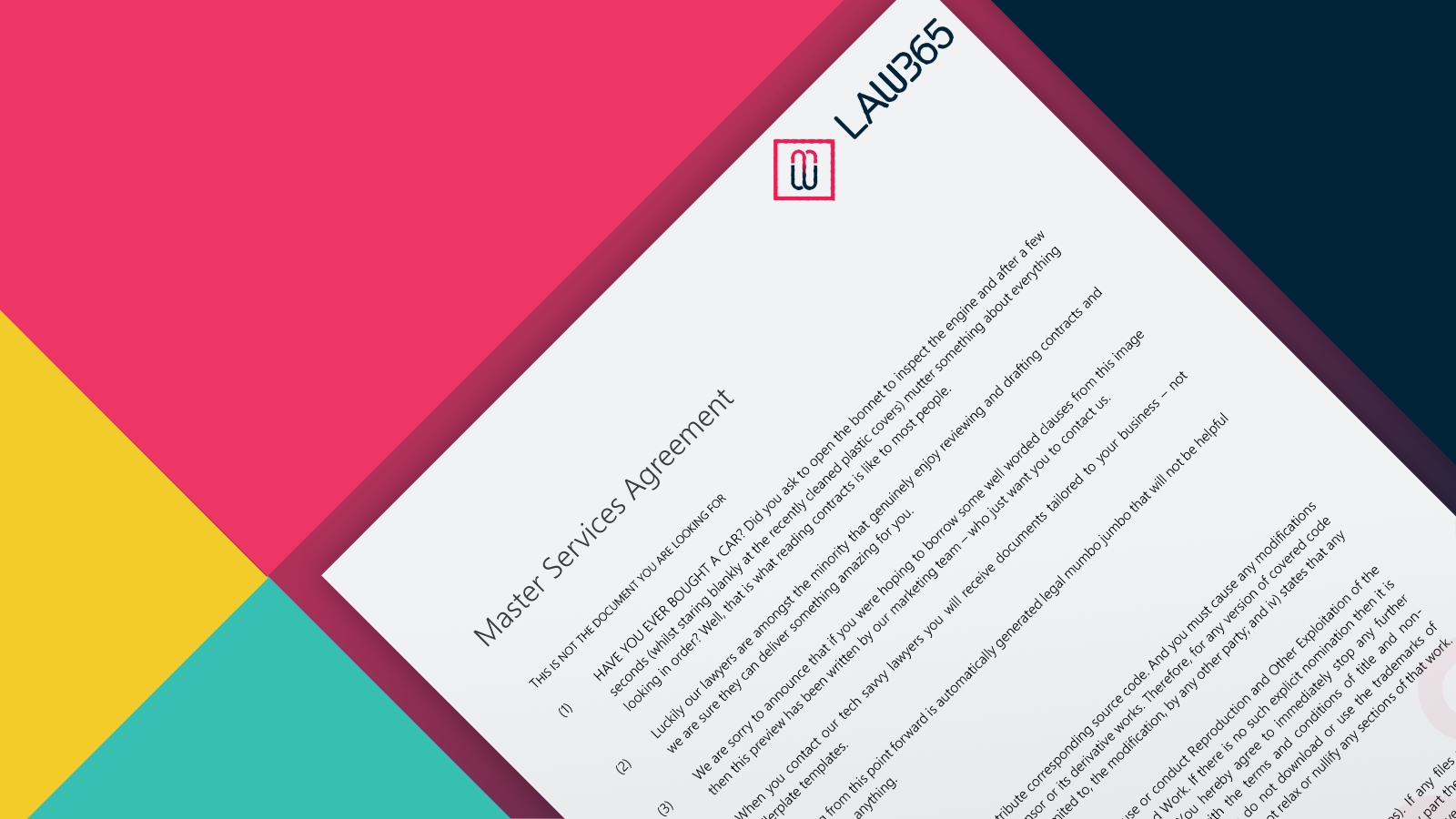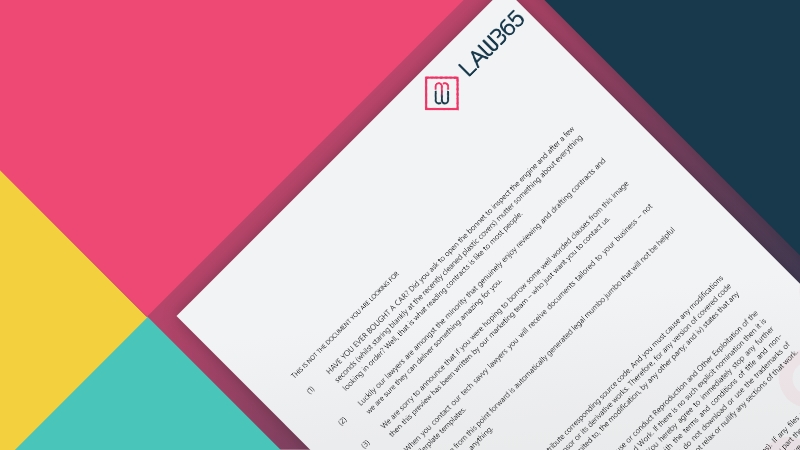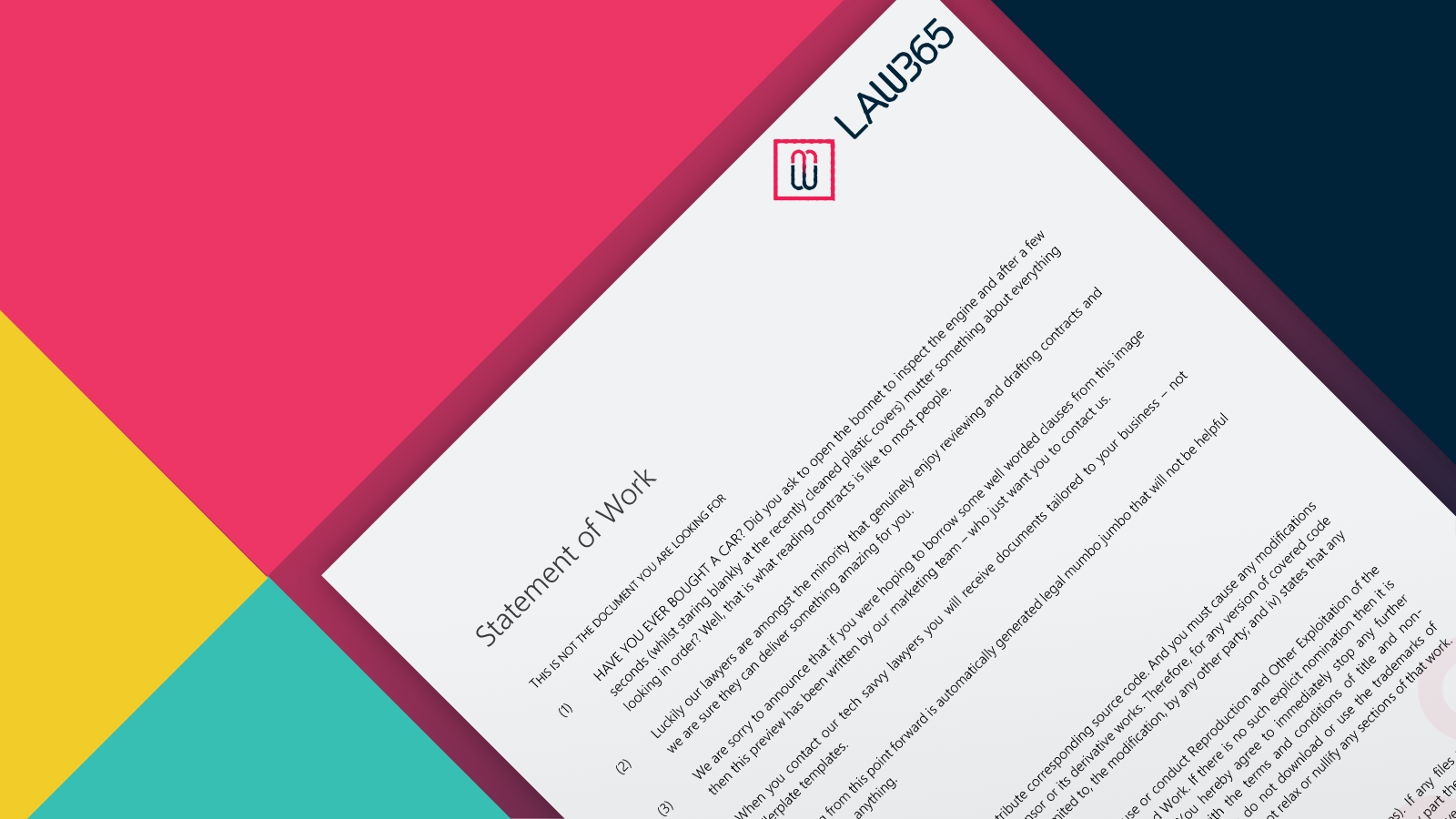
Table of contents
View the contents of a
Key facts
Get the key facts for a
Frequently Asked Questions
A: Yes. A Managed Services Contract will outline all scenarios and procedures for terminating an agreement. It is, of course, not as straightforward as clicking “cancel” like you would for normal subscriptions. If either party could terminate for convenience, the other party could be left financially exposed. In our MSC for instance, a party must give 3 month’s notice to cancel the “auto-renew”.
A: Both documents can be referred to as an MSA. However, Managed Services Contracts are specifically for Managed Services. A Master Services Agreement can instead be used for a wider range of projects whilst still providing a foundation of terms and conditions.
A: An SLA created for managed service providers (MSPs) usually details response time to fix faults, fees, details on down time, and normally works alongside an MSC. For an SLA to be as thorough and comprehensive as a full MSC they would have to be another 40 pages long! And that is fine, if you only have one or two Clients to work with… Most Microsoft Partners use one MSC for all their clients, only redrafting the smaller SLA; this way is the most time efficient.
Used by
Contact us
Other documents we can help you with...




